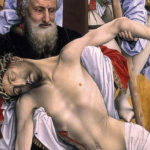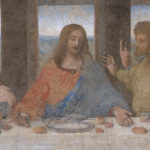
The ancient Greeks believed in order. This is fairly often referred to by historians and philosophers. One can induce/deduce from the Greek preoccupation with order in nearly everything they did. For example, even the architecture followed a prescribed order. If the columns were a particular length one could deduce what the size of the windows would be, or the doors, or the cross beams. Buildings were constructed to last, partly because the order would last. Deduction prevailed. This is addressed by Murray Jardine in his: The Making and Unmaking of Technological Society. (Page 184 ff.) He accented the differences between induction and deduction known so well to scientists and logicians. Deduction moves from an observation (statement) back through factors to… Read more









